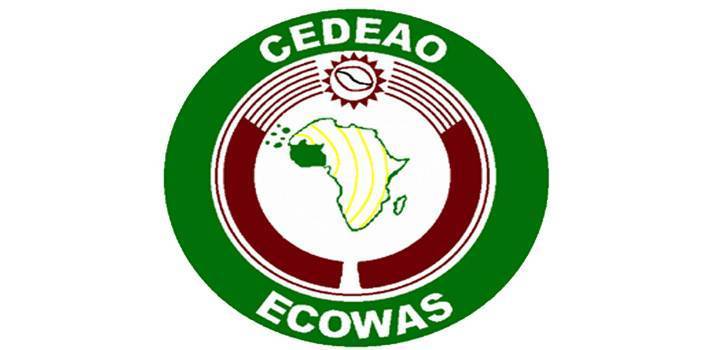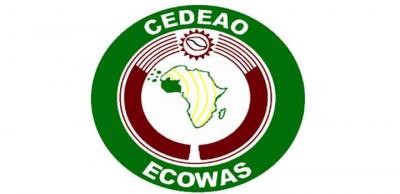On Saturday, leaders of West African countries are contemplating the next steps in their efforts to address the military coup in Niger, which has shaken the region but is receiving a wave of support within the country. Last month, the Nigerien military detained President Mohamed Bazoum and seized power, prompting condemnation from major global powers and raising concerns about the potential for further conflict in the already troubled Sahel region, which is facing a bloody Islamist insurgency.
On Thursday, the Economic Community of West African States (ECOWAS) decided to activate a standby force comprising troops from across the region for a potential military intervention aimed at reversing the seventh coup in West and Central Africa in three years. The concerns extend beyond Niger's fate, which is a key uranium producer and a vital ally for the West in the fight against Islamist rebels, to global powers' worries about their significant strategic interests in the semi-arid region.
U.S., French, German, and Italian forces are stationed in Niger to counter a rebellion by local groups linked to al-Qaeda and the Islamic State, which has resulted in thousands of deaths and the displacement of millions in the Sahel region. Western powers are also apprehensive about a possible increase in Russian influence should Niger's military council follow the example of Mali, where Western forces were expelled and the Wagner Group, a private Russian military company, was hired.
Thousands rallied in Niger's capital yesterday to show support for the coup. The demonstration began near a French military base in Niamey before demonstrators, holding signs and flags, spread into the surrounding streets. One protestor held a sign reading "Long live Russia," while others displayed slogans such as "Down with France. Down with ECOWAS."
Regional military leaders are set to meet in the coming days. It remains unclear how long it will take for the ECOWAS force to assemble, its composition, or whether it will indeed intervene. The organization emphasized that all options are on the table and expressed hope for a peaceful resolution. Security analysts indicated that forming the force could take weeks, potentially leaving room for negotiations.
Meanwhile, the African Union, European Union, United States, and United Nations have all expressed increasing concern about the conditions of Bazoum's detention. UN High Commissioner for Human Rights Volker Turk stated yesterday that the situation is "deteriorating rapidly" and could reach a level that violates international human rights law.




